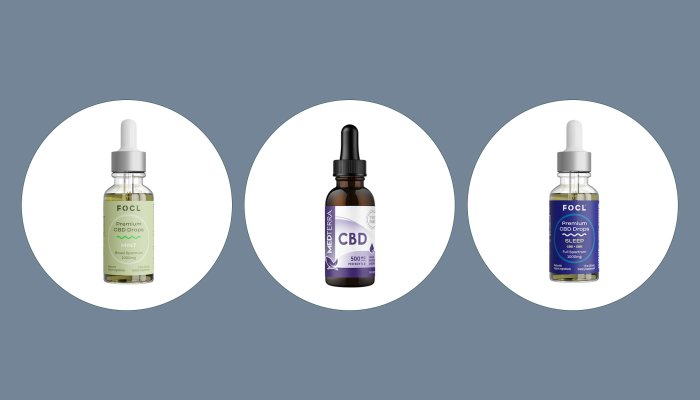

Remember, CBD is still largely unregulated. There are a few terms that have come to represent the various types of hemp-derived CBD and how they’re processed.
Full-spectrum:
Full-spectrum hemp products contain cannabidiol and other compounds, including 0.3% or less tetrahydrocannabinol (THC). This trace amount is within the federal limit. CBD researchers4 believe full-spectrum hemp benefits from the “entourage effect,” a theory that the combination of compounds has a more powerful impact.
Because it includes trace amounts of THC, full-spectrum hemp CBD is the most likely to trigger a positive drug test.
Broad-spectrum:
While this type of hemp contains other compounds such as terpenes and flavonoids, it is filtered to contain 0.0% THC.
THC is filtered out of broad-spectrum products, so they’re less likely to produce a positive drug test. Still, it’s not impossible. Broad-spectrum users should take extra care to read third-party lab results. These results will confirm whether the product label is accurate.
Isolate:
Isolate is the most basic form of CBD. It’s been filtered to contain cannabidiol without any additional compounds.
CBD isolate products are least likely to produce a positive drug test, as they don’t include any amount of THC. Still, as with broad-spectrum products above, it’s imperative you double-check the lab results for the product you plan to use.








